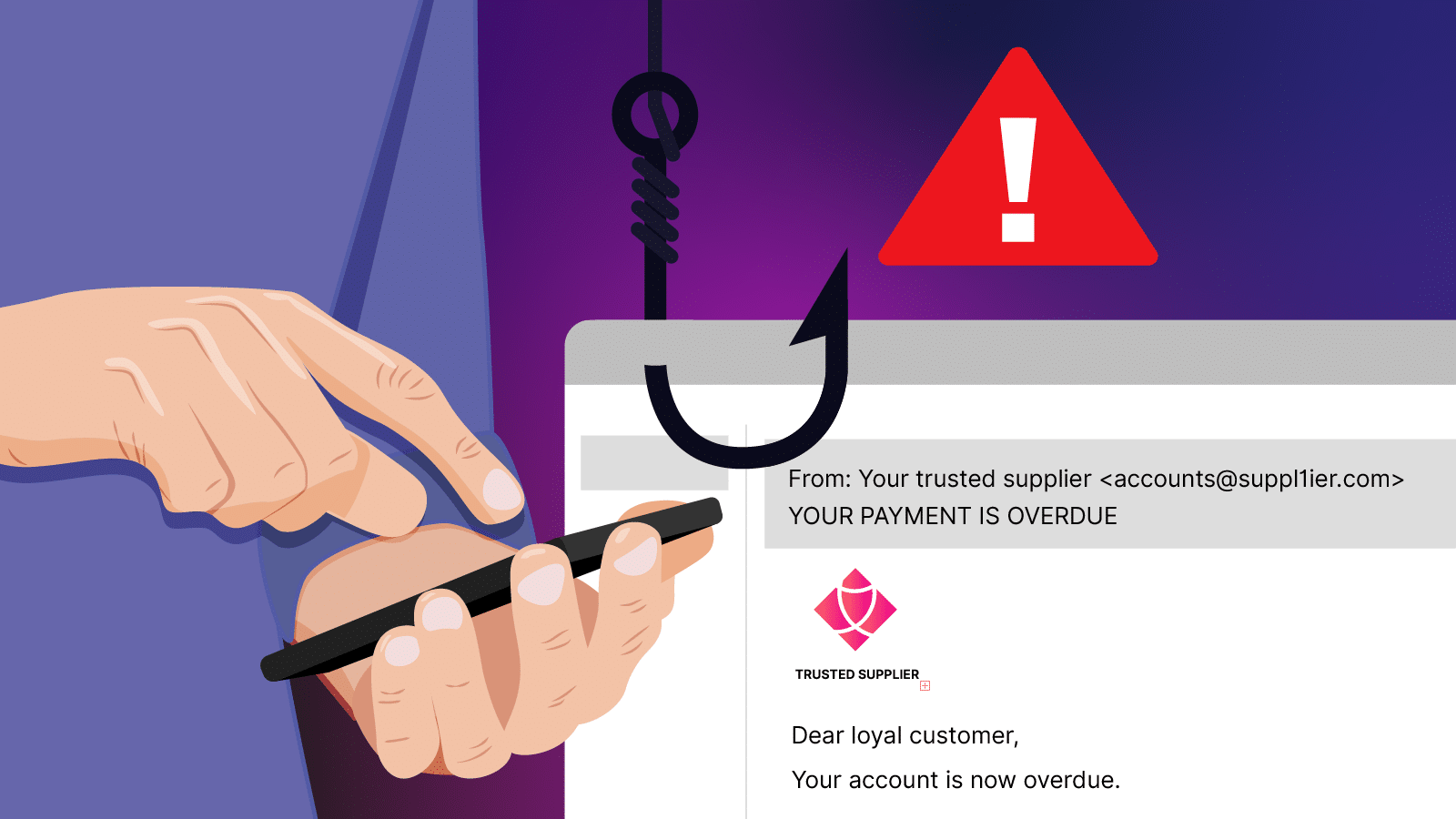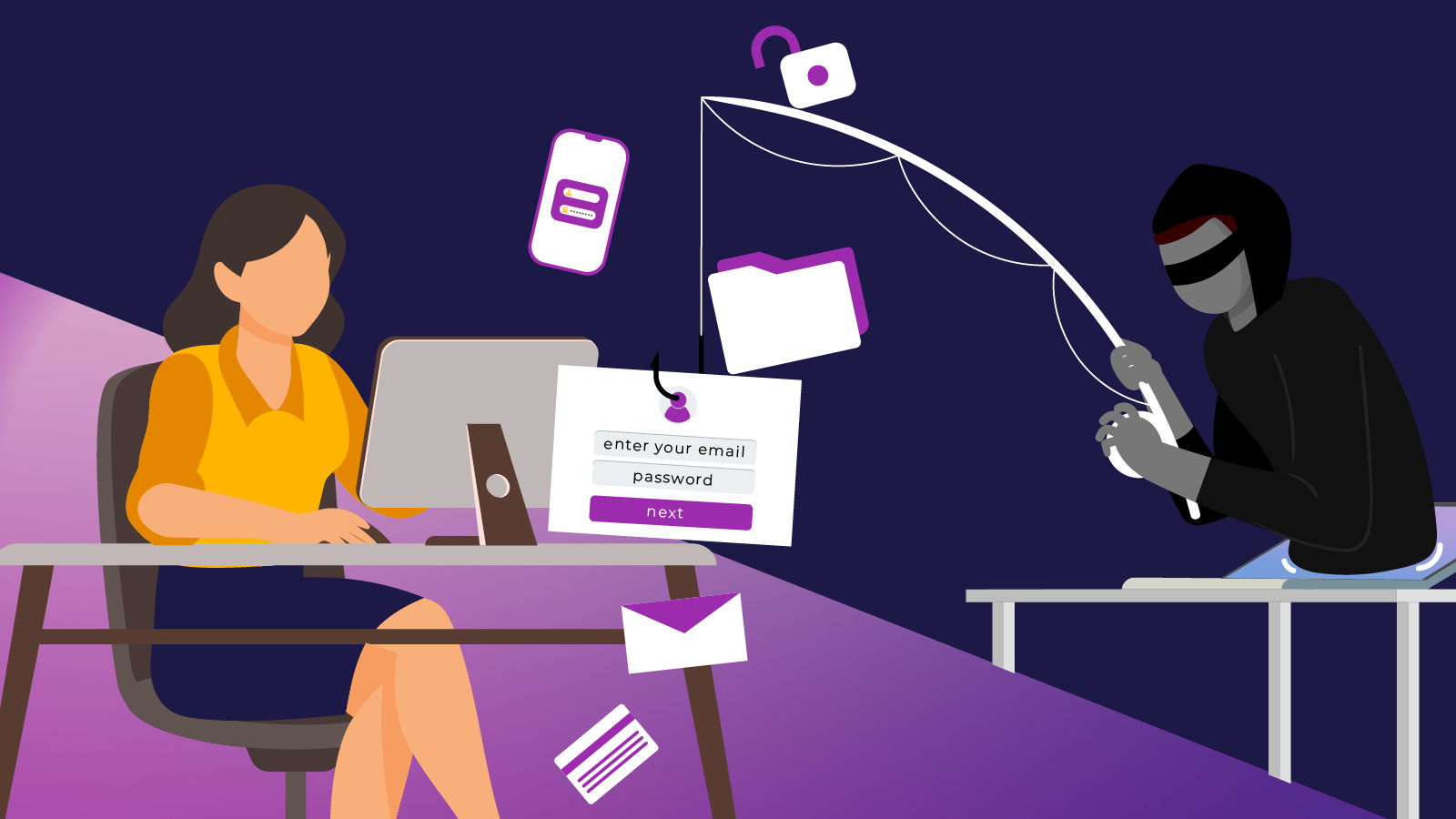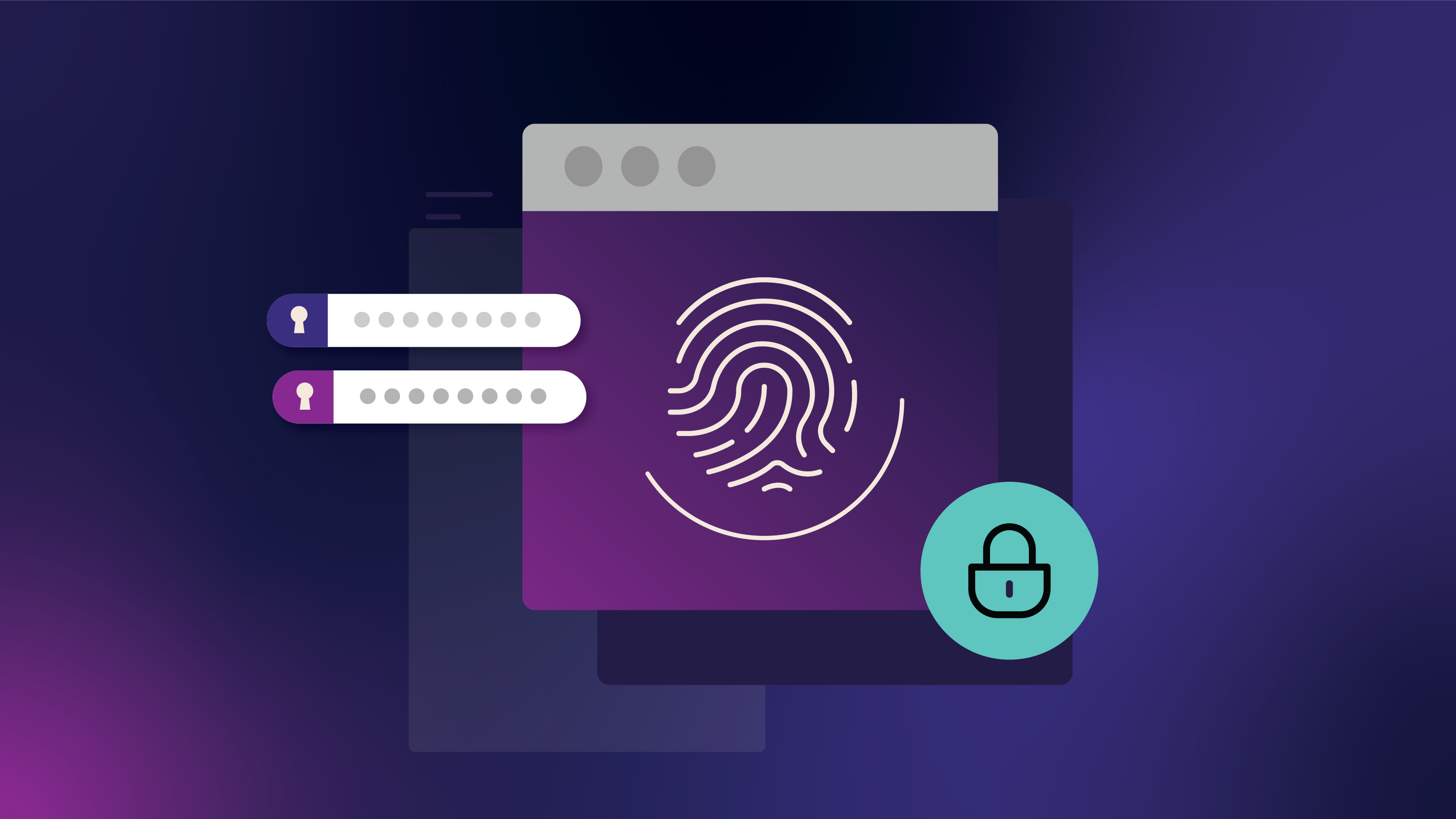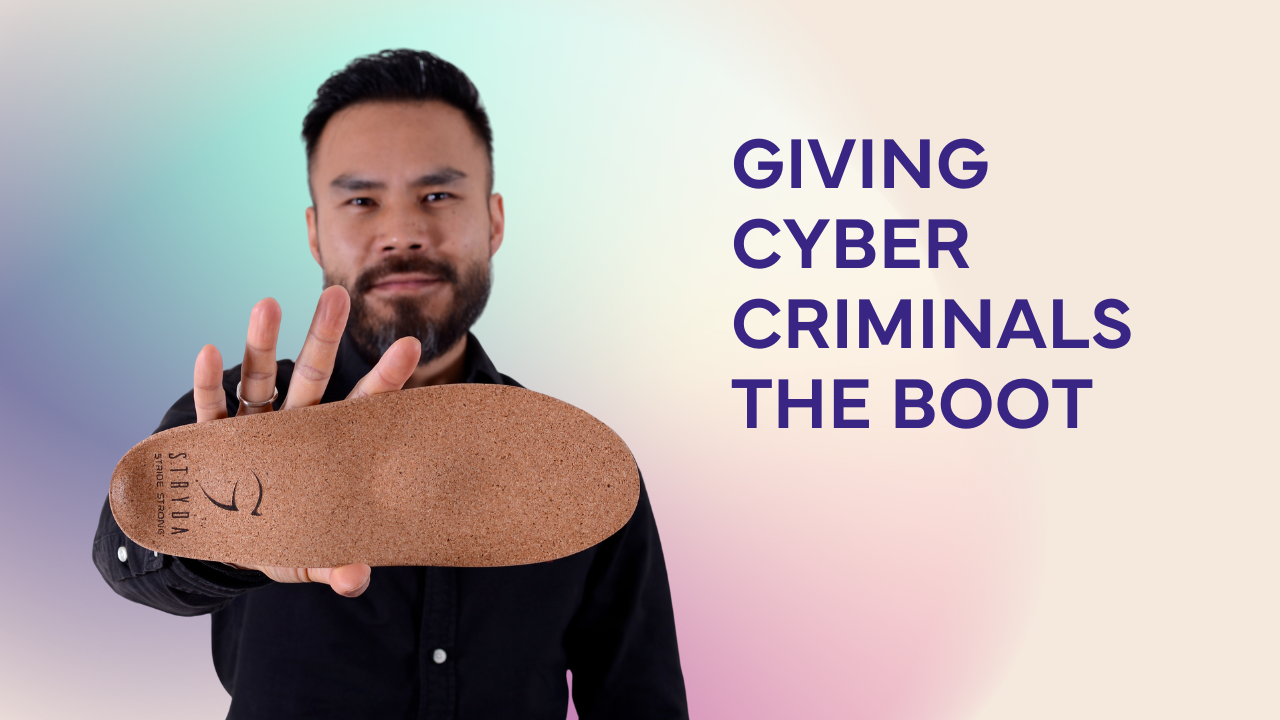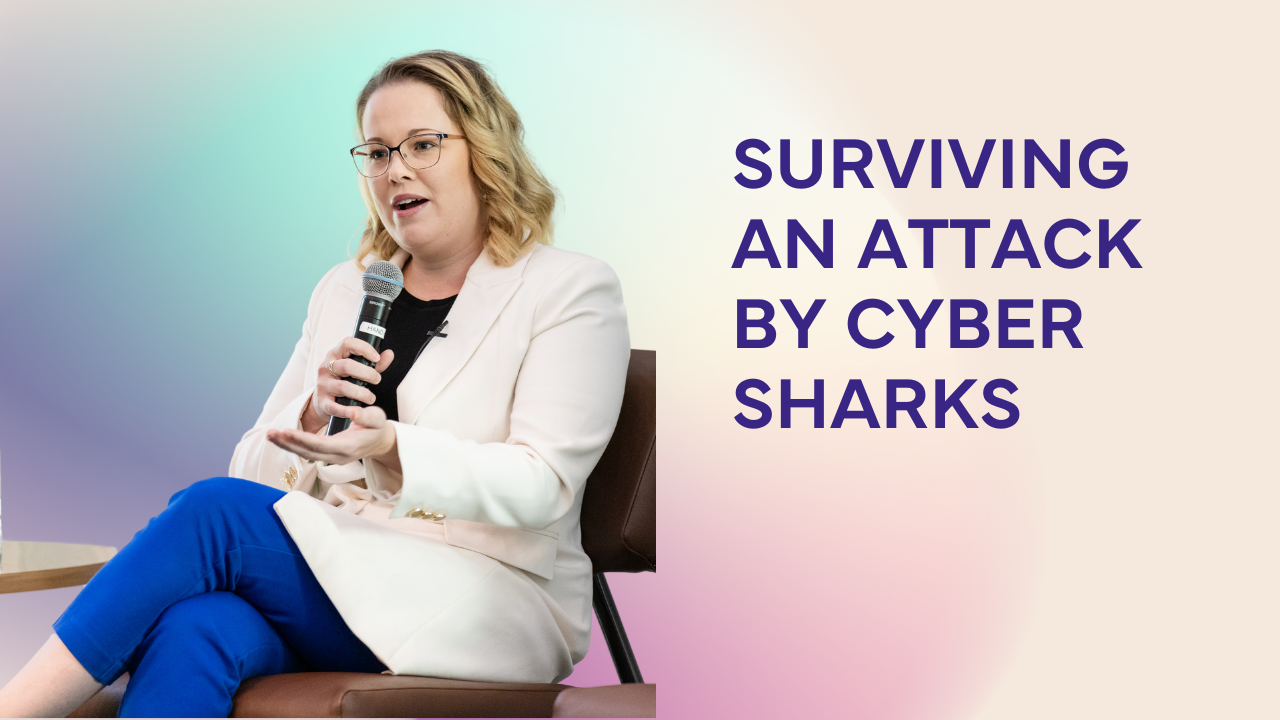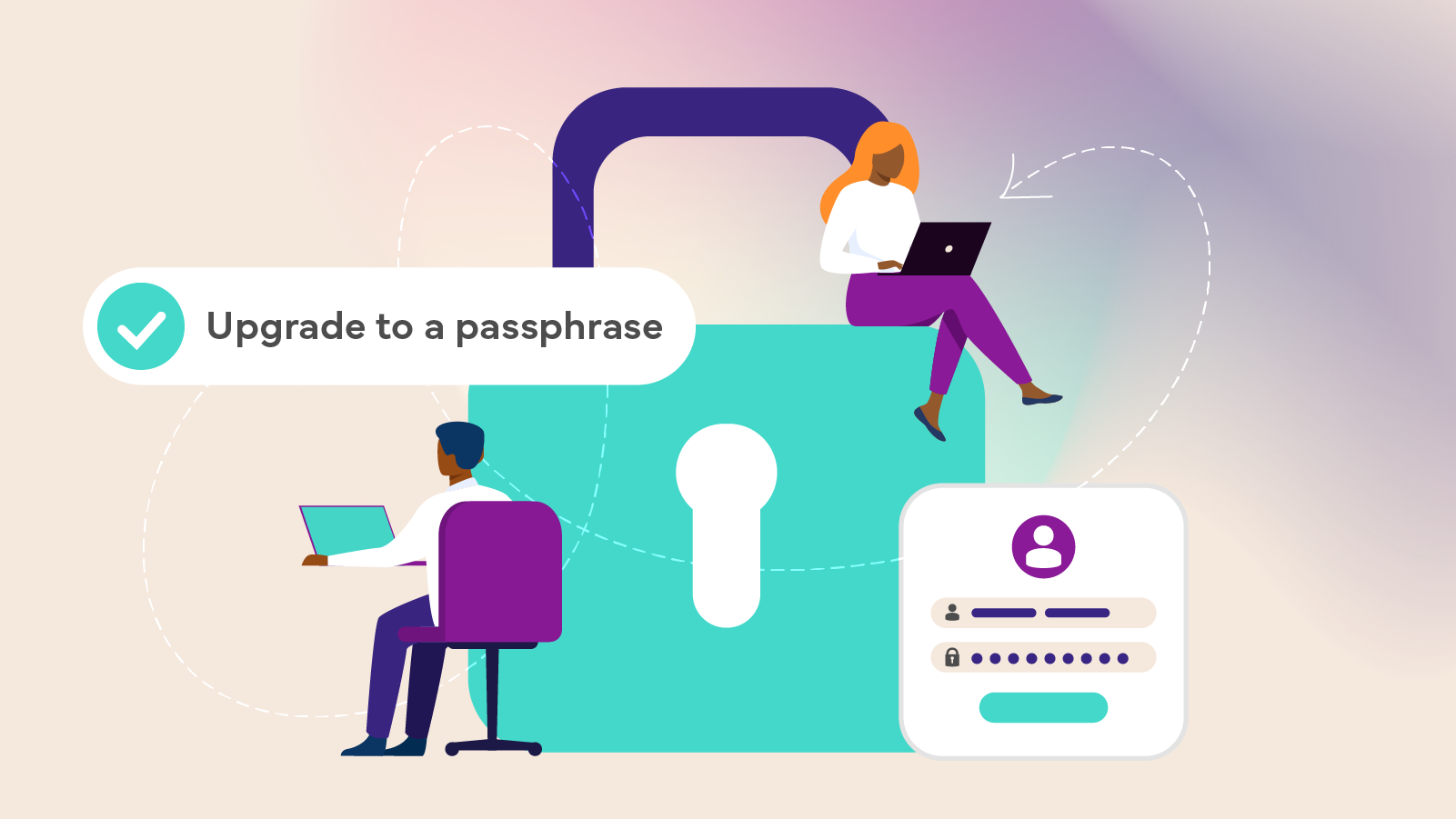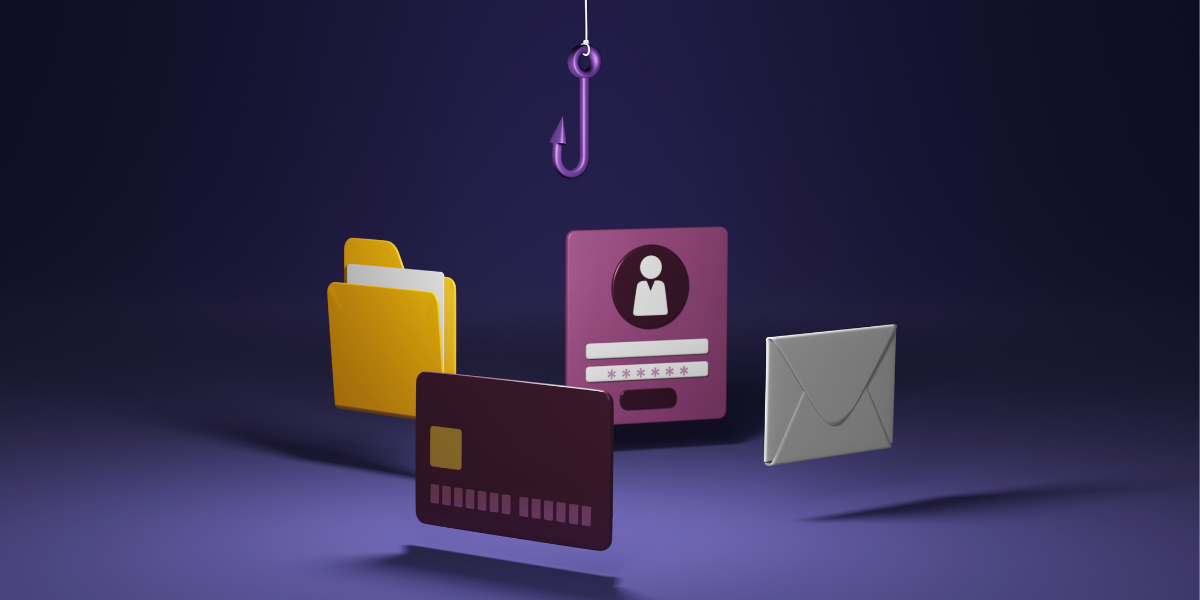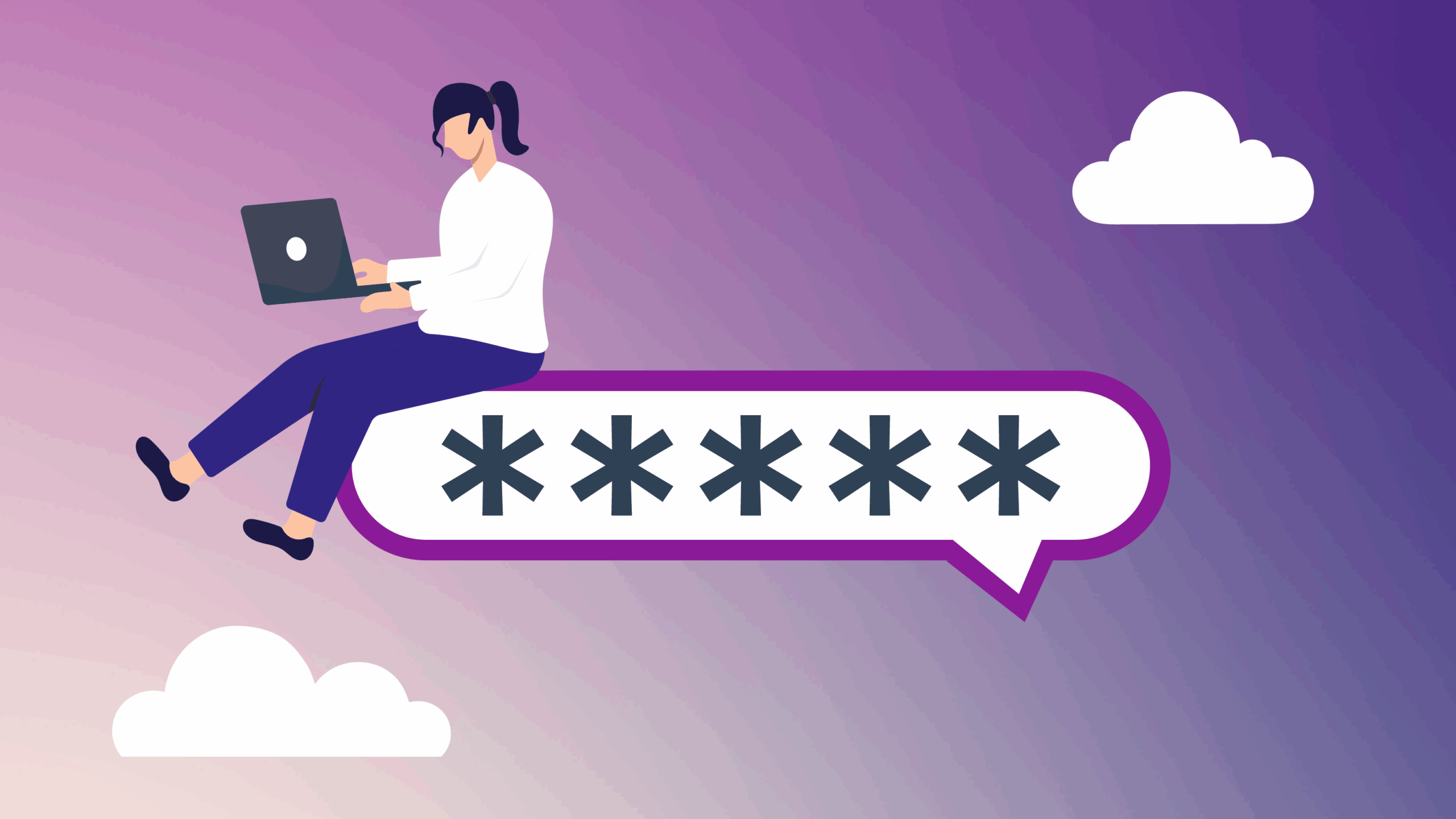If you’re a small business owner, you no doubt have plenty on your plate. From juggling multiple roles, to ensuring operations run smoothly, and keeping customers happy, there’s plenty to think about. But it’s likely there’s one area you figure you don’t have to worry about: cyber security.
You probably watched on with concern as cyber security breaches in Australia hit big businesses like Optus, Medibank and The Iconic, particularly if you are a customer yourself. But somewhere in the back of your mind, you might have thought: ‘that wouldn’t happen to me. My business is too small’.
The reality is, small businesses are just as at risk of cyber security attacks than big businesses. In fact, maybe even more.
The fallacy of ‘small and safe’
Australia’s 2.5 million small businesses are the heartbeat of Australia’s national economy, and the country’s largest employer. While the internet allows small businesses to quickly innovate and grow, it also elevates the risk of a cyber attack.
Small businesses often operate under the illusion that they are too insignificant to attract the attention of cyber criminals. But research shows they’re increasingly under threat, and the figures are a wake-up call for every small business owner.
Like that over 80% of small business owners and employees have already encountered a cyber threat, both personally and professionally. Or that 43% of cyber security attacks in Australia target small to medium businesses.
And did you know cyber attacks are becoming more costly, with the average incident costing a small business a staggering $46,000? Sadly, this isn’t a rare occurence. In fact, every six minutes in Australia, a cyber crime is reported, with cyber security breaches increasing by 23% in 2023 alone.

Small business data is more valuable than you might realise
While you may think your small operation offers nothing of value to steal, it’s that very thought that lulls many into a false sense of security.
Smaller companies often have limited cyber security resources and weaker defences, making them easier targets compared to larger, more secure corporations. Even a small business likely stores sensitive customer data, financial information, and intellectual property – all valuable assets for cyber criminals. And gaining access to a small business can be a stepping stone for hackers to reach larger companies within the same supply chain.
The most common small business cyber security threats
- Inbox break-ins: Hackers gain access to your email, stealing vital information and potentially launching more damaging attacks
- Fake invoices and payment scams: Deceptive emails trick you into paying fraudulent invoices, diverting your hard-earned cash to cyber criminals.
- Online banking fraud: Hackers breach your online banking security, draining your accounts and leaving you financially vulnerable.
Cyber security reality check
While awareness about cyber security attacks on large companies is growing, many small businesses continue to underestimate their vulnerability. In fact, only a third of small business owners and employees feel vulnerable to attack.
This leaves the majority of small businesses not taking cyber security seriously, and they neglect to take preventative measures for themselves and further increase the risk they face. It could prove to be a costly mistake that most small businesses just can’t afford to make.
Protect yourself and improve your small business cyber security by enrolling in the Cyber Wardens training. It will give you the knowledge and skills to defend your small business against cyber threats, and sharpen your business’ defences against cyber criminals.







